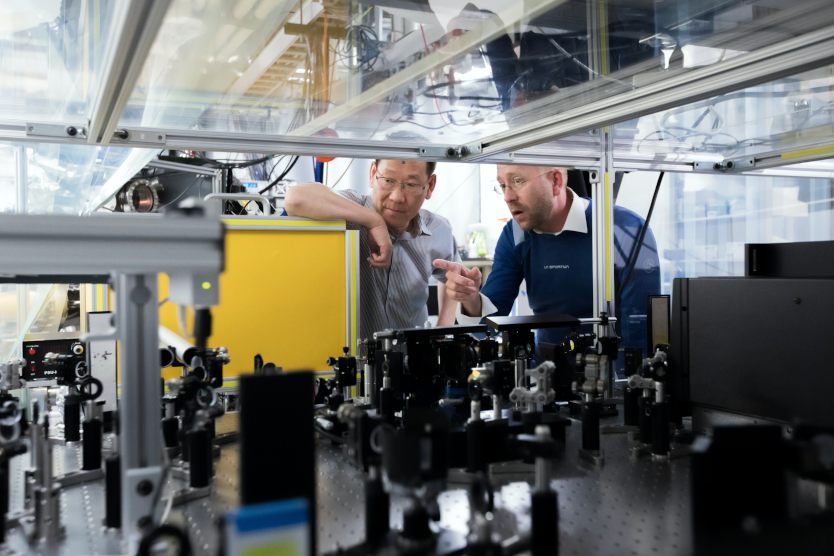
A new power plant technology centre aims to explore methods of converting low-grade heat into electricity.
© Unsplash
The harnessing of low temperature and waste heat – such as that generated by geothermal plants and industrial processes – has become the focus of more research in recent years. The Karlsruhe Institute of Technology (KIT) has recently opened a new power plant technology centre called MoNiKa (Modular Low Temperature Cycle Karlsruhe) with the aim of exploring methods of converting low-grade heat to electricity using the organic Rankine cycle (ORC).
"Instead of discharging heat, which is available as surplus anyway, into the environment, it makes more sense to use it further and use it to produce electricity," explains Dr Dietmar Kuhn, head of the working group at the KIT Institute for Thermal Energy Technology and Safety (ITES), in a press release.
The ORC process was first developed by the British father of thermodynamics, William JM Rankine. Essentially, it is a liquid-steam cycle in which a molecular-mass fluid with a lower boiling point than water is pumped into a circuit and heated by increasing the pressure until it evaporates.
ORC plants are already in use in private households and farms, but up until now their efficiency has not exceeded 10 to 15 percent. The goal of the KIT scientists is to increase this using a new approach: the steam cycle in the plant is operated “supercritically”. This means with regard to temperature, pressure and density, the so-called "critical point" at which phase-change happens is exceeded, and the transitions become more mutable. "This allows us to increase the power yield by twenty to thirty percent," Kuhn explains in the foregoing release.
The pilot plant, where early experiments have already achieved a thermal output of one megawatt, is to be used primarily for application-oriented research projects and will be linked to KIT's Energy Lab 2.0. MoNiKa has been funded to date with EUR 4.4 million from the Federal Ministry of Education and Research (BMBF).


